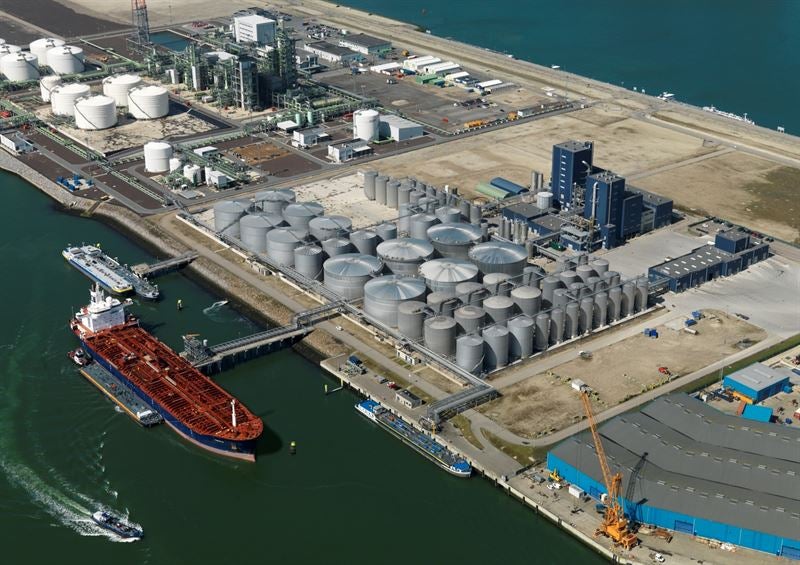
Finnish renewable diesel producer Neste has agreed to acquire Bunge Loders Croklaan’s refinery plant located in Rotterdam, the Netherlands for €258m.
Located next to Neste’s existing biorefinery, Bunge’s refinery plant consists of a pretreatment facility, tank farm, jetties and also has a pipeline connection to Neste’s site.
To be implemented in phases, the transition is expected to make the refinery’s full pretreament capacity available to process Neste’s feedstock by the end of 2024.
The Finnish company stated that in order to meet the growing demand for renewable diesel, sustainable aviation fuel and feedstock for chemicals, it plans to build a global feedstock and production platform for renewables.
Neste aims to increase renewables production from 3.2 to 4.5 million tonnes
The company aims to expand its annual renewables production capacity from 3.2 to 4.5 million tonnes by the first quarter of 2023.
The expansion of Singapore facility is expected to make a contribution of 1.3 million tonnes to the company’s goal.
The acquisition of Bunge’s refinery is expected to further add to pretreatment capacity and terminal infrastructure of Neste to handle increasingly complex waste and residue feedstocks.
Neste President and CEO Peter Vanacker said: “The acquisition of the refinery plant supports our global growth strategy in renewables. It allows us to accelerate the scaling up of our renewable raw material pretreatment capacity, which is an important driver for expanding the use of waste and residue feedstocks and increasing our feedstock flexibility.
“We are committed to increasing the share of waste and residues in our renewables feedstock mix to 100% by 2025 and to grow our production platform to enable over 20 million tons of greenhouse gas reductions for our customers by 2030.”
Since 2011, Neste has been active in the Netherlands, after the start of operations of the Rotterdam facility.






